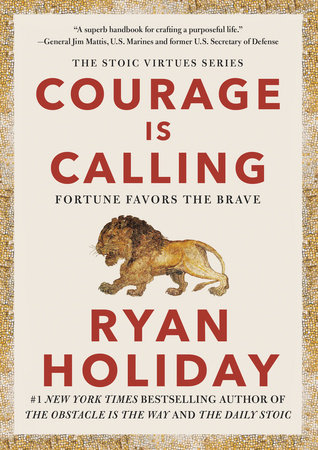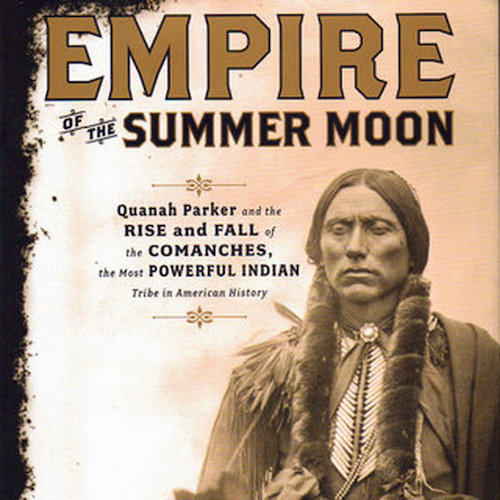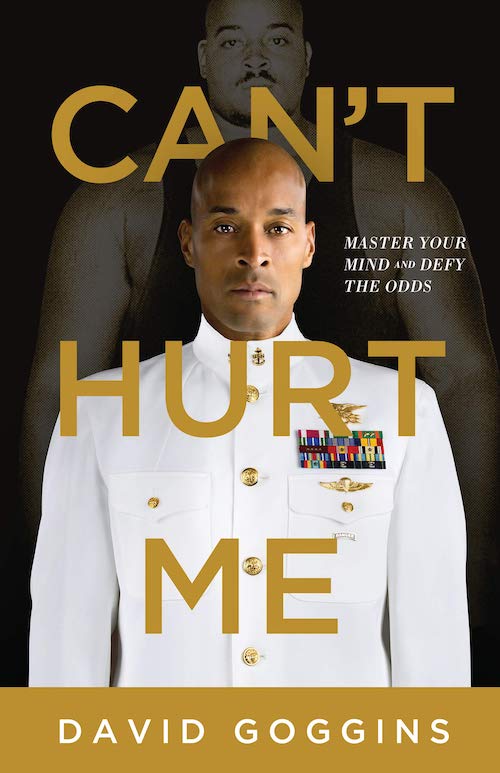I became a fan of author Ryan Holiday when I read “Stillness is the Key” – a book that profoundly influenced my life and introduced me to the philosophy of stoicism. Since then, I’ve caught up on all of Holiday’s books on the subject and have been eagerly awaiting Courage is Calling, finally published in late September.
Philosophy aside, the book re-introduces core principles that most of us were taught at some point in day care or grade school:
Do the right thing, even when no one is watching or when it’s unpopular.
Help others.
Stick to your principles.
Don’t give up.
Many of the lessons are told through the narratives of famous historical figures like Florence Nightingale, a wealthy British socialite, who after years of living in her family’s ivory tower, ends up reforming the hospital system. There’s John Lewis, a former US representative who was beaten countless times while marching for civil rights in the South. Or Charles de Gaulle, the French politician who refused to surrender France’s dignity even when the city was captured and under siege by Nazi Germany.
And yes, a recent reference for the late Senator John McCain who, despite campaigning against Obamacare, bucked his party and voted to keep the law intact, thus maintaining healthcare coverage for millions of Americans.
These are all admirable examples, some that most of us recognize and are likely inspired by. But the true message isn’t just about their legacy or example, but about their approach. They persevered through situations far more challenging than our own, often at their own peril. There are citations throughout the book of both well-known and unknown people who made sacrifices that ultimately cost them their lives, many of which weren’t recognized at the time but only now as years, decades and centuries have passed.
Courage is Calling also has some blunt messaging and phrasing that some will find offensive. Two of my favorites? “Nihilism is for losers” and “cynicism is for cowards.”
I found the latter more interesting, as I know far too many people who are proud of their cynicism. In their view, cynicism is objectivity. For Holiday, cynicism is for those who don’t aspire to make change, who don’t believe things can be fixed, or who don’t believe our best times are ahead of us. It’s not just their forward-looking view – it’s their vantage point that they’d rather be part of the chorus of criticism or negativity rather than push forward and impact change and make a difference.
Nihilism is something I find it far easier to reject. Try telling new parents, a kid going off to college, a graduate starting their first job, or someone else on the brink of adventure and purpose that life is meaningless and to hell with any social system. The nihilist is someone who is afraid to make the effort, afraid to get started. They own little courage of their own and would prefer to tear down others than build something meaningful.
But cynicism is everywhere. As someone who leads a cleantech PR firm and marcomm efforts for broader sustainability-driven industries, one of the most common things I hear as pushback against efforts to curb CO2 emissions or plastic waste is, “well what does it matter when China and India aren’t doing anything about it?”
To that, I say – who cares what others do, it’s what I can control that is significant. My efforts matter because the difference I make today could impact one person, maybe even my daughter, who could lead or change the world one day. I reject anyone who believes my voice, opinion, or efforts don’t matter because of what another person (or country) is doing.
Now, apply this beyond my professional example to things in everyday life, and soon you’ll see that influence is everywhere, but it starts with a spark.
Rosa Parks refused to give up her seat and in that moment unintentionally set social justice wheels in motion that continue to this day. When a neighboring nation asked for help from the Spartan army, they were sent one Spartan commander – it was enough. Whistleblowers like Frances Haugen and Edward Snowden, regardless of what you think of their actions, chose to make decisions that forever changed who they are, where they can live, and likely any future career or relationship prospects either will ever have. They sacrificed and let the chips fall where they may.
Point being – courage is contagious, as I’ve seen Holiday and others mention since the book’s publishing.
Maybe my favorite story from Courage is Calling is a short one about when Gen. Douglas MacArthur met with the Japanese in 1945 to negotiate a final surrender and plans for peace. He and his officers took no weapons with them into Japanese-controlled Tokyo Bay. They knew that in doing so the Japanese would recognize the American’s lack of fear, essentially setting the tone for the meeting and subsequent months and years of peace and eventual prosperity between the two nations. It can take one person’s simple act of courage to change the way groups, and even masses of people think.
In a world where not everything goes right, Courage is Calling inspires me to be more accountable, more confident in my convictions, and ultimately reinforces my belief that standing up for yourself and people who can’t stand up for themselves is not just important, it’s the key to leading an enriched life.
Others may take issue with this approach and my (and your) opinions in general, but as the saying goes, “A lion doesn’t concern himself with the opinions of sheep.” Most opinions are extremely unpopular before they become popular, and one would do well to ignore what others think and focus on what they can control – their good deeds and the conviction for which they perform them.
You can find Courage is Calling and the rest of Ryan Holiday’s work on his website.




